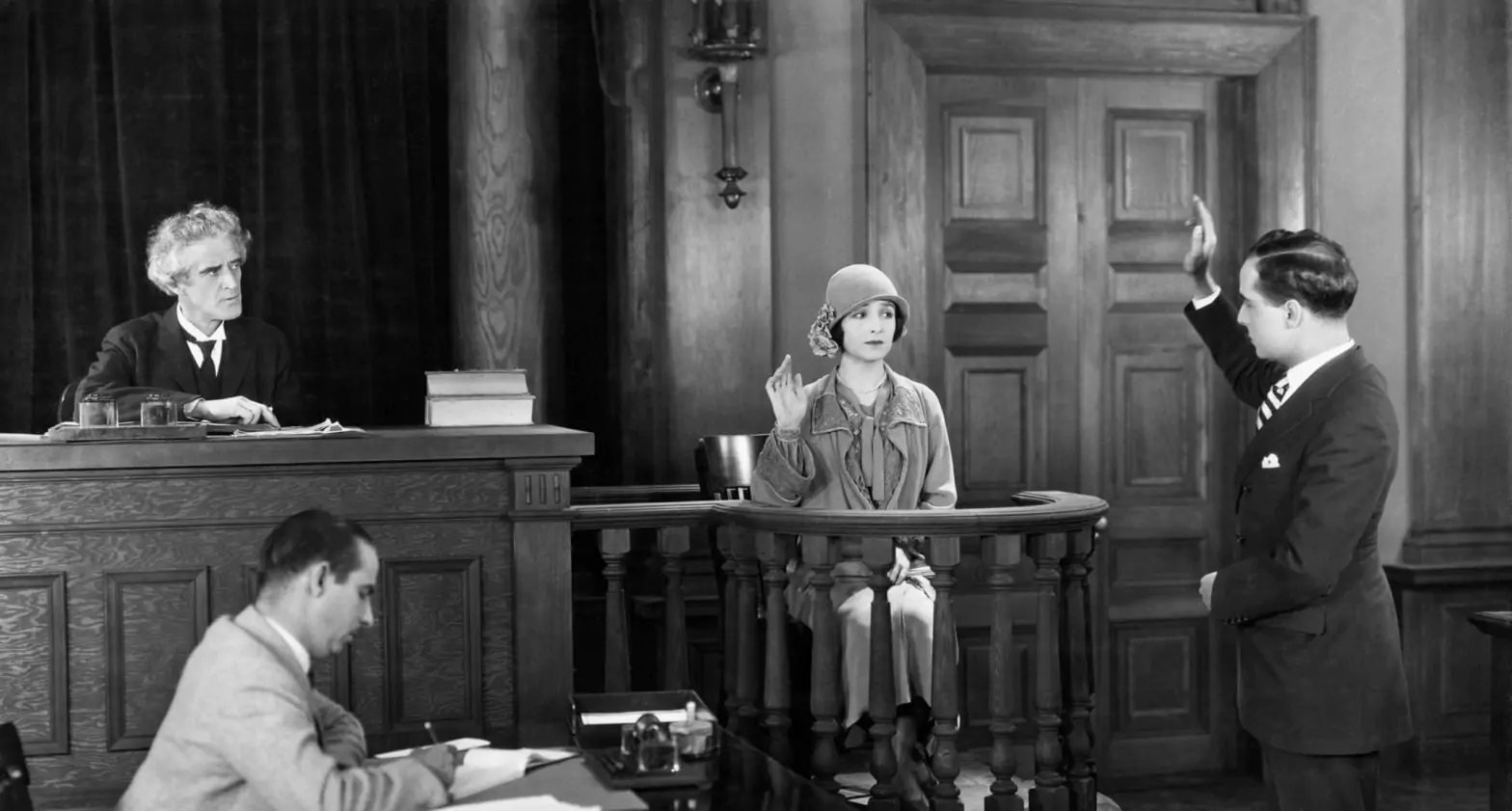Understanding the concepts of liability and damages is essential for anyone pursuing a personal injury claim. Liability determines who is responsible for an accident, while damages refer to the compensation you seek for your losses. In Georgia, proving both liability and damages is crucial to receiving fair compensation. Rafi, Brown, and Stokes, a personal injury law firm, provides guidance to help clients gather the necessary evidence and build a strong case. Here’s an in-depth look at liability, damages, and the steps involved in proving each.
What Is Liability in a Personal Injury Case?
Liability in a personal injury case refers to the legal responsibility one party has for causing harm to another. To hold someone liable, you must demonstrate that their negligence or wrongful conduct directly caused your injuries. Establishing liability is the foundation of any personal injury claim, as it determines who will be held accountable for your losses.
Rafi, Brown, and Stokes assists clients in establishing liability by analyzing evidence, identifying negligent actions, and building a compelling case. Our attorneys understand Georgia’s negligence laws and are skilled in demonstrating fault, ensuring that responsible parties are held accountable.
Proving Negligence and Liability
Proving liability typically involves demonstrating that the other party acted negligently. In Georgia, there are four elements of negligence that must be established in a personal injury case:
1. Duty of Care
The first step in proving negligence is to show that the defendant owed a duty of care to the plaintiff. This duty varies depending on the relationship between the parties and the context of the incident. For example, drivers have a duty to follow traffic laws and avoid endangering others on the road.
Rafi, Brown, and Stokes identifies and clarifies the duty of care applicable to each case, ensuring that clients have a clear understanding of their rights and the obligations owed by the defendant.
2. Breach of Duty
After establishing the duty of care, the next step is to prove that the defendant breached this duty. A breach occurs when the defendant fails to act in a reasonably safe manner, such as speeding, ignoring traffic signals, or failing to maintain a safe property.
Our attorneys gather evidence, including witness statements, photos, and expert testimony, to demonstrate that the defendant’s actions violated their duty of care. Rafi, Brown, and Stokes carefully documents these breaches, creating a strong foundation for the case.
3. Causation
In addition to proving a breach of duty, it’s necessary to show that this breach directly caused your injuries. This is known as causation, and it requires linking the defendant’s actions to the harm you suffered. Without causation, you cannot hold the defendant liable.
Our team works with medical professionals, accident reconstructionists, and other experts to establish a clear connection between the defendant’s negligence and the injuries sustained. Rafi, Brown, and Stokes provides compelling evidence that shows the direct impact of the breach on our clients’ lives.
4. Damages
The final element of negligence is proving that the breach of duty resulted in actual damages, such as medical expenses, lost wages, and pain and suffering. Without damages, there is no basis for a personal injury claim.
Rafi, Brown, and Stokes carefully assesses each client’s losses, ensuring that all financial, physical, and emotional damages are documented. Our attorneys work to secure compensation that reflects the full scope of the injury’s impact.

Types of Damages in a Personal Injury Claim
In a personal injury case, damages are the financial compensation sought for the losses incurred due to the injury. Understanding the types of damages you may be entitled to can help ensure you receive fair compensation. In Georgia, damages are typically categorized into three types: economic, non-economic, and, in rare cases, punitive damages.
1. Economic Damages
Economic damages cover tangible financial losses, such as medical bills, lost income, property damage, and other out-of-pocket expenses. These damages are easier to quantify and can be documented through receipts, bills, and other financial records.
Our attorneys at Rafi, Brown, and Stokes meticulously document economic losses, ensuring that clients receive compensation for both current and future expenses related to the injury. We collaborate with financial experts when necessary to calculate complex losses, such as future medical care or diminished earning capacity.
2. Non-Economic Damages
Non-economic damages compensate for the intangible effects of an injury, including pain and suffering, emotional distress, and loss of enjoyment of life. These damages are subjective and can be challenging to quantify, but they play a crucial role in fully compensating an injured party.
Rafi, Brown, and Stokes works with clients to capture the impact of non-economic damages, ensuring that these losses are accurately represented in the claim. Our attorneys present compelling evidence of the physical and emotional toll the injury has taken, seeking fair compensation for these aspects.
3. Punitive Damages
Punitive damages are awarded in cases involving particularly reckless or malicious behavior. Unlike economic and non-economic damages, punitive damages are meant to punish the defendant and deter similar conduct in the future. In Georgia, punitive damages are only awarded in cases where the defendant’s actions were especially egregious.
Our attorneys assess each case to determine if punitive damages are warranted and advocate for these damages when appropriate. Rafi, Brown, and Stokes holds negligent parties accountable, pursuing justice and fair compensation for our clients.
Proving Damages in a Personal Injury Case
Proving damages involves gathering and presenting evidence that supports the losses you’ve incurred due to the injury. Here are some steps involved in proving economic and non-economic damages:
1. Documenting Medical Expenses
Medical expenses form a significant part of economic damages. Gather all medical bills, treatment records, and receipts for medications or therapies related to the injury. These documents provide a comprehensive record of the costs incurred and support claims for future medical care.
Our team at Rafi, Brown, and Stokes ensures that all medical expenses are thoroughly documented. We work closely with healthcare providers to obtain detailed records and secure compensation that covers the full cost of medical care.
2. Providing Evidence of Lost Income
If the injury has prevented you from working, you may be entitled to compensation for lost wages and diminished earning capacity. Payroll records, tax documents, and employer statements can demonstrate the financial impact of missed workdays.
Rafi, Brown, and Stokes collaborates with clients to obtain these records, presenting a clear account of income losses. Our attorneys work with vocational experts when needed to assess future earning capacity and secure fair compensation for lost income.
3. Demonstrating Pain and Suffering
Proving pain and suffering requires documenting the emotional and physical toll of the injury. Personal injury journals, therapy records, and statements from family members can help illustrate the non-economic impact of the injury.
Rafi, Brown, and Stokes guides clients on how to maintain records that accurately reflect their experiences, presenting a comprehensive view of pain and suffering in the claim. Our attorneys strive to secure compensation that reflects the full impact on our clients’ lives.
4. Estimating Future Expenses
In cases involving long-term injuries, it’s essential to estimate future expenses, including ongoing medical treatment, rehabilitation, and potential home modifications. Expert testimony from medical professionals and financial planners can provide reliable projections of these costs.
Our firm works with experts to assess future needs accurately, ensuring that compensation accounts for all potential long-term expenses. Rafi, Brown, and Stokes is committed to securing financial stability for clients facing lasting injuries.

Building a Strong Claim with Rafi, Brown, and Stokes
Proving liability and damages is essential to a successful personal injury claim. At Rafi, Brown, and Stokes, we are dedicated to helping Georgia clients gather the necessary evidence, establish liability, and document damages accurately. Our team guides clients through each stage of the process, from initial investigations to collecting detailed medical records and calculating long-term expenses.
If you or a loved one has been injured and you need an attorney who has your best interests as their number one priority, call Rafi, Brown, and Stokes at 404-800-1156 for a free consultation.



